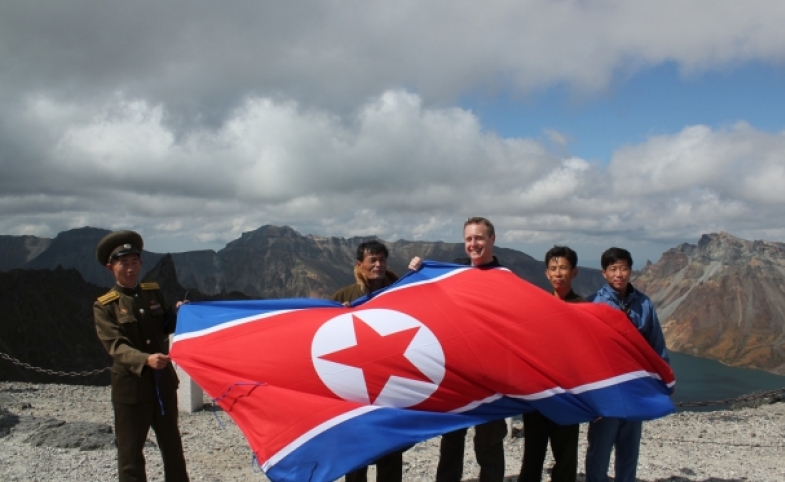As Confucius said in around 500 BC, "When it is obvious that the goal cannot be reached, don’t adjust the goals, adjust the action steps." This is just what China began to do a decade ago, in embracing the concept of soft...
KEEP READING
Public Diplomacy with Unfriendly States
When dealing with unfriendly states, public diplomats are likely to find that access to the publics they want to reach is frustratingly difficult. Although various layers of governmental hostility need to be pierced, the audience beyond political barriers may prove particularly receptive to outreach from a distance. A government that seeks to darken its nation’s window to the greater world often stimulates, even if inadvertently, public curiosity about what is happening elsewhere. Given the advances of new means of communication – ranging from satellite broadcasting to social media – public diplomacy efforts have increasingly better chances of getting past political barriers and tapping into that curiosity.
Cuba, North Korea, and Iran may seem uninviting as prospects for U.S. public diplomacy ventures, but the interests of people in those countries are not defined by their governments. Sports aficionados in Cuba, scientists in North Korea, and cultural historians in Iran are among those who instinctively recognize the value of hearing from outsiders. This receptivity, although often obstructed by the governments in question, poses an interesting challenge for U.S. foreign policy planners: How can public diplomacy programs be designed that serve American interests and yet will be tolerated by the unfriendly states?
This task may be daunting, but as the cases below illustrate, it is not impossible. Persistence on the part of governmental and citizen diplomats can accomplish great things, carrying public diplomacy past the borders of even the most determinedly unfriendly countries. When that happens, the connections made with the people of those states can pave the way for more conventional diplomacy and a reduction of harmful hostility.
Visit CPD's Online Library
Explore CPD's vast online database featuring the latest books, articles, speeches and information on international organizations dedicated to public diplomacy.
Popular Blogs
-
January 29
-
January 20
-
January 28
-
January 2
-
January 8











